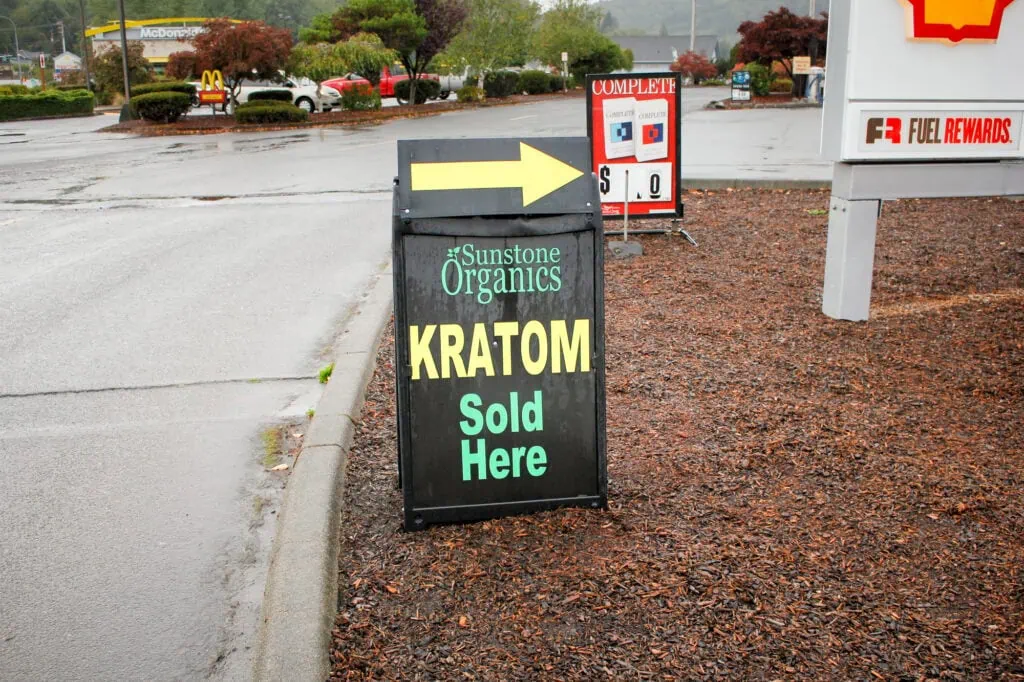
California's Bold Step Towards Kratom Regulation
As access to kratom expands across the United States, concerns about its safety and regulation have come to the forefront. Available in various forms, such as powders, capsules, and extracts, the substance is increasingly popular, with estimates suggesting around 2 million people in the U.S. use it.
Despite its growing popularity, kratom remains largely unregulated, particularly in California, where Assemblymember Matt Haney recently highlighted the absence of any regulatory framework. His new bill plans to solve that gap in the law. Currently, there are no labeling requirements or age restrictions in place for products in the state, and no clear path for federal regulators to step up.
Kratom, derived from the leaves of the Mitragyna speciosa tree in Southeast Asia, has a complex pharmacological profile. It contains alkaloids like mitragynine, which interact with the brain and body's systems, leading to stimulant and sedative effects. While some people use it for energy enhancement or mood elevation, others turn to it for pain relief.
Patient Experiences With Kratom
Advocates often come forward to defend kratom and consider it a legitimate medication for what ails them. However, concerns about safety and consistency in product quality persist, especially with the vast array of kratom products available in stores and online. There have not been any formal studies of it in the US, so little is known about its effects or long-term ramifications.
Advocates say its purported ability to help with chronic pain, boost energy levels, enhance mood, and relieve symptoms of anxiety and depression. Some people even claim that kratom aids in managing opioid withdrawal symptoms, while there is also evidence that kratom is similarly addictive and will cause withdrawal symptoms, too.
Assembly Bill 2365 Seeks to Regulate Kratom in CA
Despite its growing popularity, kratom remains largely unregulated, particularly in California, where Assemblymember Matt Haney highlighted the absence of any regulatory framework. Currently, no labeling requirements or age restrictions exist for any products in the state.
In response to these concerns, Assembly Bill 2365, proposed by Haney, aims to establish regulations for kratom in California. The bill would require registering these products with the public health department, mandating alkaloid content labeling, and restricting sales to people under 21.
Advocates of the bill argue that regulation is necessary to ensure consumer safety and transparency in the kratom market. They emphasize the importance of accurate labeling to prevent unwitting consumption of excessive amounts of the substance, which can have devastating side effects for some people.
Representatives from the American Kratom Association caution against excessive regulation, citing concerns about the financial burden it would impose on businesses and the potential for a black market to emerge.
Meanwhile, researchers continue to study kratom's effects and potential risks. While some studies suggest kratom may have medicinal value, the National Institute on Drug Abuse underscores the need for further research into its safety and potential for addiction.
Adverse Effects of Kratom Usage
The Food and Drug Administration (FDA) has cautioned against the use of kratom for medical purposes, emphasizing that it has not approved any medications containing it. As more people use the substance, more ill effects have been seen in US emergency rooms. The Drug Enforcement Administration (DEA) classifies kratom as a "drug of concern" due to reported adverse effects, including seizures and vomiting.
Here are some of the other dangers of usage:
- Nausea and Vomiting: Consumption has been associated with gastrointestinal discomfort, including nausea and vomiting, especially with high doses.
- Dizziness and Drowsiness: Some users have reported feelings of dizziness and drowsiness, which can impair coordination and decision-making abilities.
- Increased Heart Rate: Its stimulant effects may lead to elevated heart rate and palpitations, potentially posing risks for people with pre-existing cardiovascular conditions.
- Hypertension: Use has been linked to increases in blood pressure, which can be concerning for people with hypertension or other cardiovascular issues.
- Liver Toxicity: Rare cases of liver toxicity associated with use have been reported, including instances of hepatotoxicity, also known as toxic hepatitis, and cholestasis, a decrease in bile flow.
- Seizures: While rare, there have been reports of seizures occurring following kratom consumption, particularly in people with a history of seizures or those using it in combination with other substances.
- Dependence and Withdrawal: Prolonged use of kratom can lead to physical dependence and possible addiction, with withdrawal symptoms such as irritability, insomnia, muscle aches, and mood swings upon cessation of use. People with addiction may need detox to help with their symptoms.
- Respiratory Depression: Although less common than with traditional opioids, its sedative effects may result in respiratory depression, particularly when consumed in large amounts or in combination with other depressants. This leaves users under the threat of overdose.
- Psychiatric Symptoms: Some people may experience psychiatric symptoms such as anxiety, agitation, hallucinations, or psychosis following use, especially with higher doses or prolonged use.
- Allergic Reactions: Allergies are rare but can occur, leading to symptoms such as itching, hives, or respiratory difficulties in sensitive people. For some people, it can lead to anaphylactic shock, a life-threatening reaction.
Getting Help for Kratom Use
Are you or someone you know struggling with addiction or dependence on kratom or other substances? At Present Moments, we’re here to help. We specialize in helping individuals like you break free from the grip of addiction and embark on the path to sobriety.
Our tailored programs are designed to address each person's unique needs, providing a comprehensive approach to healing and recovery. With our experienced team of professionals, evidence-based practices, and supportive environment, we're dedicated to guiding you toward a life of sobriety and wellness.
Don't let addiction control your life any longer. Contact us at Present Moments today and take the first step towards a brighter, substance-free future.
Categories
San Diego





